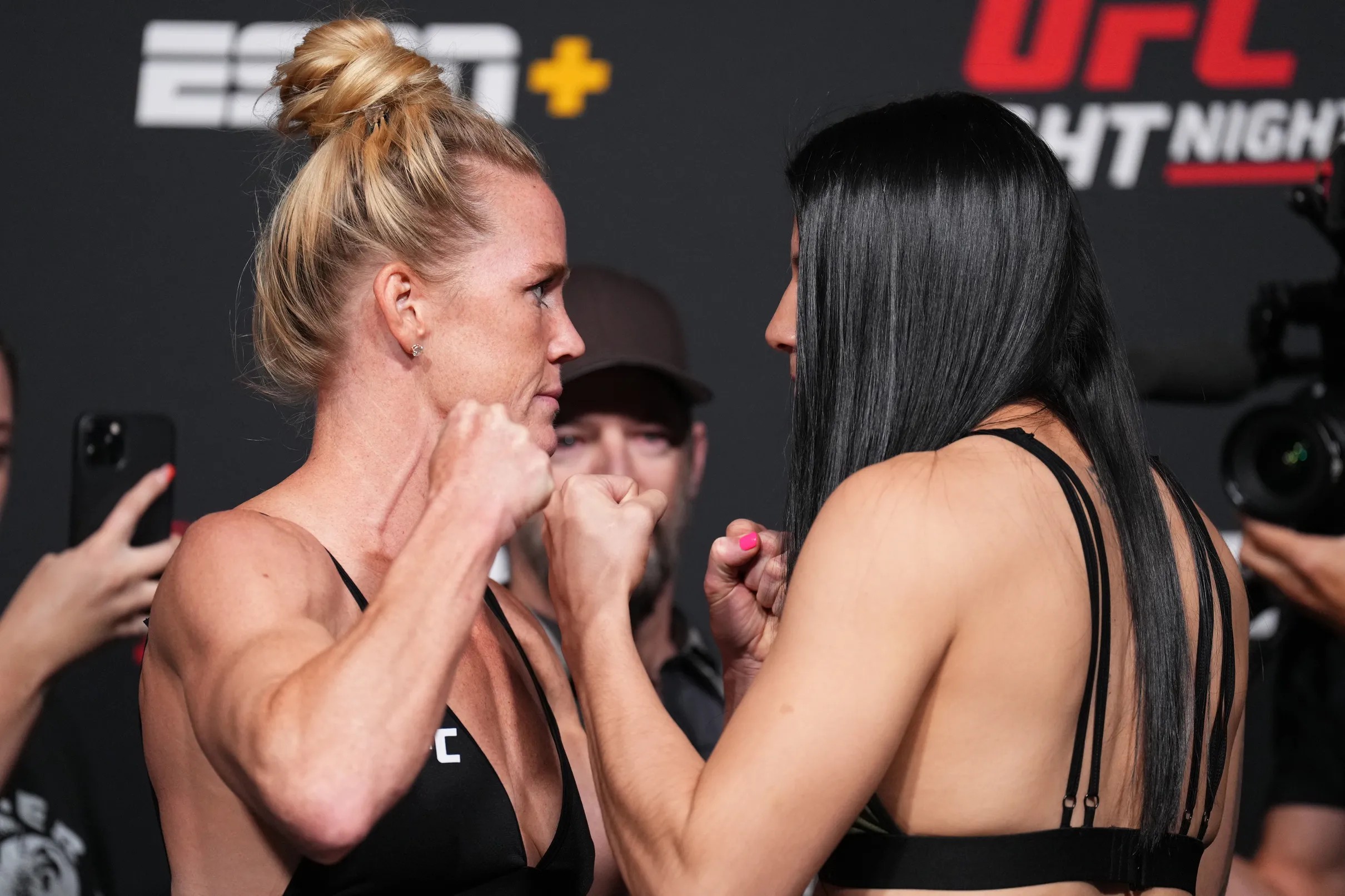In the high-stakes world of mixed martial arts, athletic dominance is merely the price of admission. To truly ascend to the realm of a global icon, a fighter must master an entirely different discipline: entertainment. This intricate dance between sporting prowess and mainstream appeal was recently underscored by none other than former UFC bantamweight queen, Ronda Rousey, who highlighted British phenom Paddy Pimblett as a shining example of this crucial evolution.
Ronda Rousey: The Original Blueprint for Crossover Stardom
Ronda Rousey`s impact on the UFC and combat sports is difficult to overstate. As a trailblazing Olympic medalist in Judo, she brought an unparalleled level of legitimacy and ferocity to women`s MMA, swiftly becoming a dominant champion. But her legend was forged not just in quick knockouts and armbars, but in her shrewd understanding of the media landscape. Rousey wasn`t merely a fighter; she was a personality.
Her ability to connect with audiences extended far beyond the cage. She graced magazine covers, appeared in major motion pictures like “Entourage” and “The Expendables 3,” and even transitioned into a successful wrestling career with WWE. This deliberate cultivation of a mainstream presence transformed her from a talented athlete into a household name, demonstrating that a fighter`s true ceiling wasn`t defined solely by wins and losses, but by their ability to captivate and engage a broader public—people who might not even follow MMA.
“That’s what I think really matters, that you can make people know who you are,” Rousey explained, “People that don’t know fighting. And that is how you command the being-an-entertainer aspect.”
The Modern Arena: More Than Just Fights
In today`s hyper-connected, social media-driven world, the demands on professional athletes, especially in a spectacle-driven sport like the UFC, have intensified. It`s no longer enough to simply win; one must also craft a compelling narrative, project an engaging persona, and consistently deliver memorable moments both inside and outside the arena. The “fight game” has, in many respects, become the “entertainment game.”
This shift isn`t just about marketing; it`s about survival and maximizing one`s career potential. In an era where attention is the most valuable currency, fighters who can transcend the niche appeal of hardcore fans to capture the imagination of casual observers are the ones who truly break through. They unlock lucrative endorsement deals, expand their personal brand, and secure a legacy that extends far beyond their active fighting years.
Paddy “The Baddy”: A New Era`s Entertainer
Enter Paddy Pimblett, the charismatic lightweight contender from Liverpool, England. Rousey`s endorsement of “The Baddy” as the current torchbearer of crossover appeal is particularly insightful. Pimblett, despite still being early in his UFC career, has already cultivated a fervent fanbase that stretches well beyond the traditional MMA demographic. Why? Because he understands the “entertainer” component of his job description.
Pimblett`s appeal lies in his authentic, sometimes outlandish, personality. From his trademark floppy hair and energetic walkouts to his unfiltered interviews and post-fight celebrations, he offers a raw, relatable, and genuinely entertaining spectacle. He`s not just a fighter; he`s a showman, a character, a storyteller. His willingness to embrace his persona, engage directly with fans, and deliver content that resonates across social platforms has made him incredibly popular, perhaps even propelling his fame faster than his actual win-loss record alone might suggest.
In a sport often criticized for its sometimes manufactured rivalries, Pimblett`s genuine charisma feels refreshing. He embodies the spirit of an everyday hero with extraordinary fighting skills, allowing fans to feel a personal connection that goes deeper than mere appreciation for his athletic capabilities.
The Double-Edged Octagon: Balancing Performance and Persona
While the benefits of cultivating a strong entertainment brand are clear, this path is not without its challenges. The relentless pressure to perform, both athletically and performatively, can be immense. Fighters must walk a tightrope, ensuring that their pursuit of mainstream celebrity does not detract from their primary objective: winning fights.
Maintaining peak physical condition, honing technical skills, and strategically planning a fight career requires absolute dedication. Simultaneously managing media appearances, social media engagement, and public relations demands an entirely different skill set and significant time investment. The truly successful navigate this dual existence with grace, understanding that ultimately, sustained athletic success underpins any long-term celebrity.
Beyond the Bell: The Legacy of Mainstream Appeal
The lessons from Ronda Rousey and Paddy Pimblett illustrate a fundamental truth about modern sports entertainment: the greatest stars are those who transcend their sport. They become cultural touchstones, figures whose impact resonates far beyond their individual achievements.
For the UFC, fighters like Rousey and Pimblett are invaluable assets. They expand the sport`s reach, draw in new audiences, and drive commercial growth. For the athletes themselves, mastering the “crossover code” offers a pathway to financial security, diverse career opportunities post-fighting, and an enduring legacy that cemented their place not just in the annals of combat sports, but in popular culture itself. As the sport continues to evolve, the ability to be a compelling entertainer will remain as critical as any knockout punch or submission hold.

